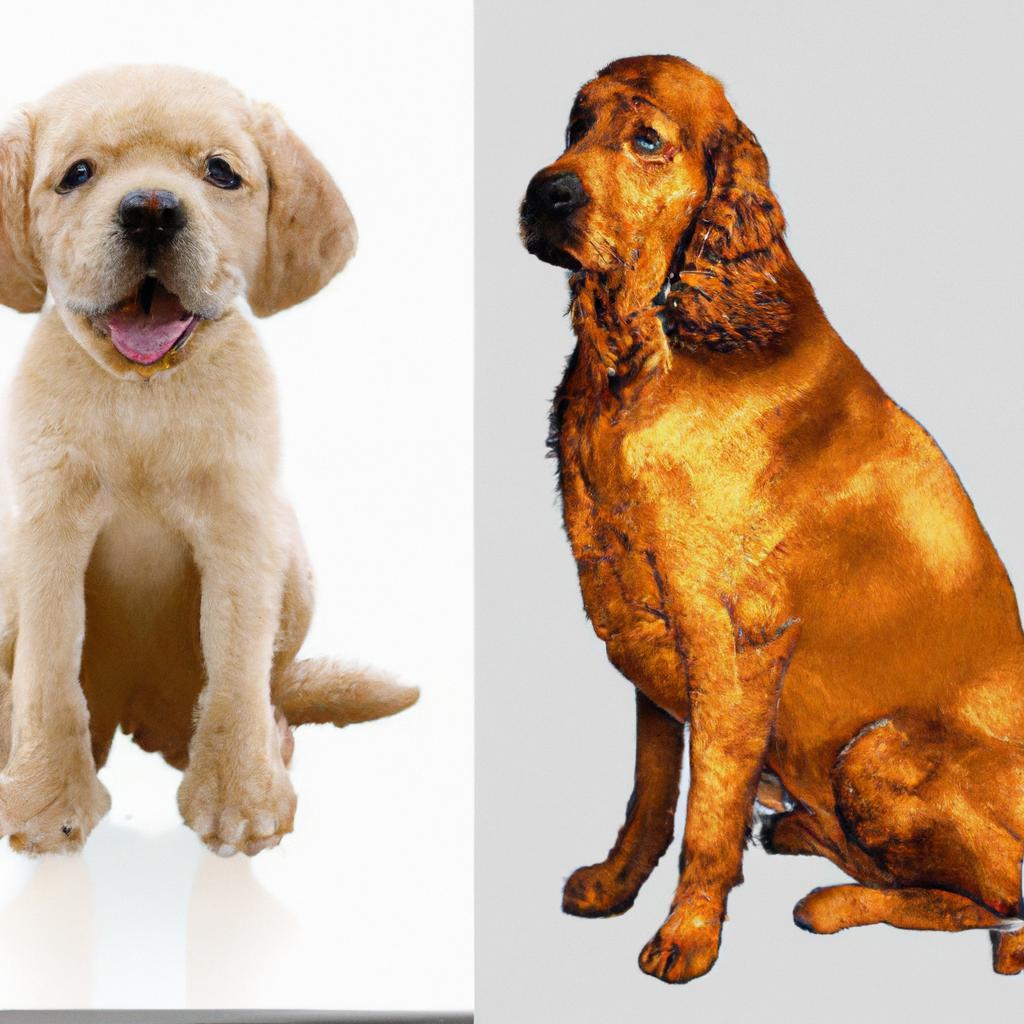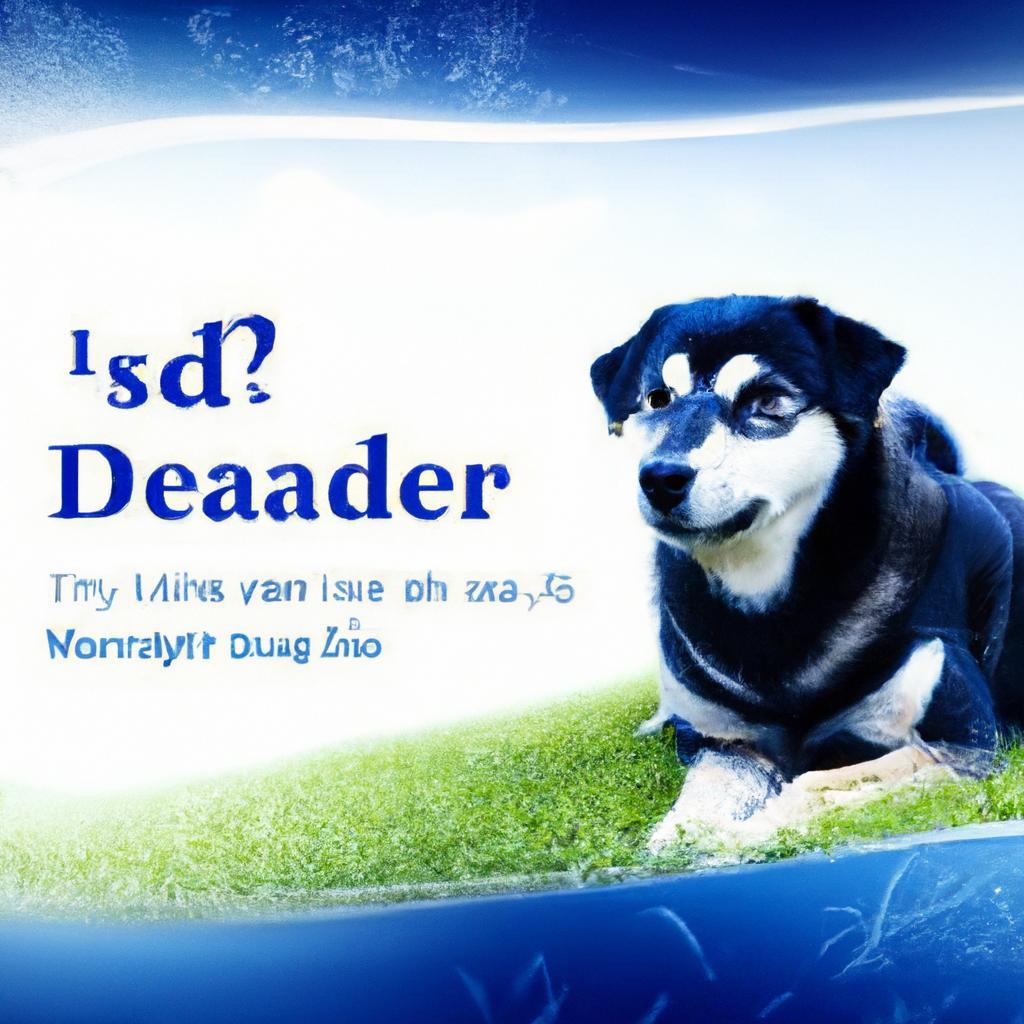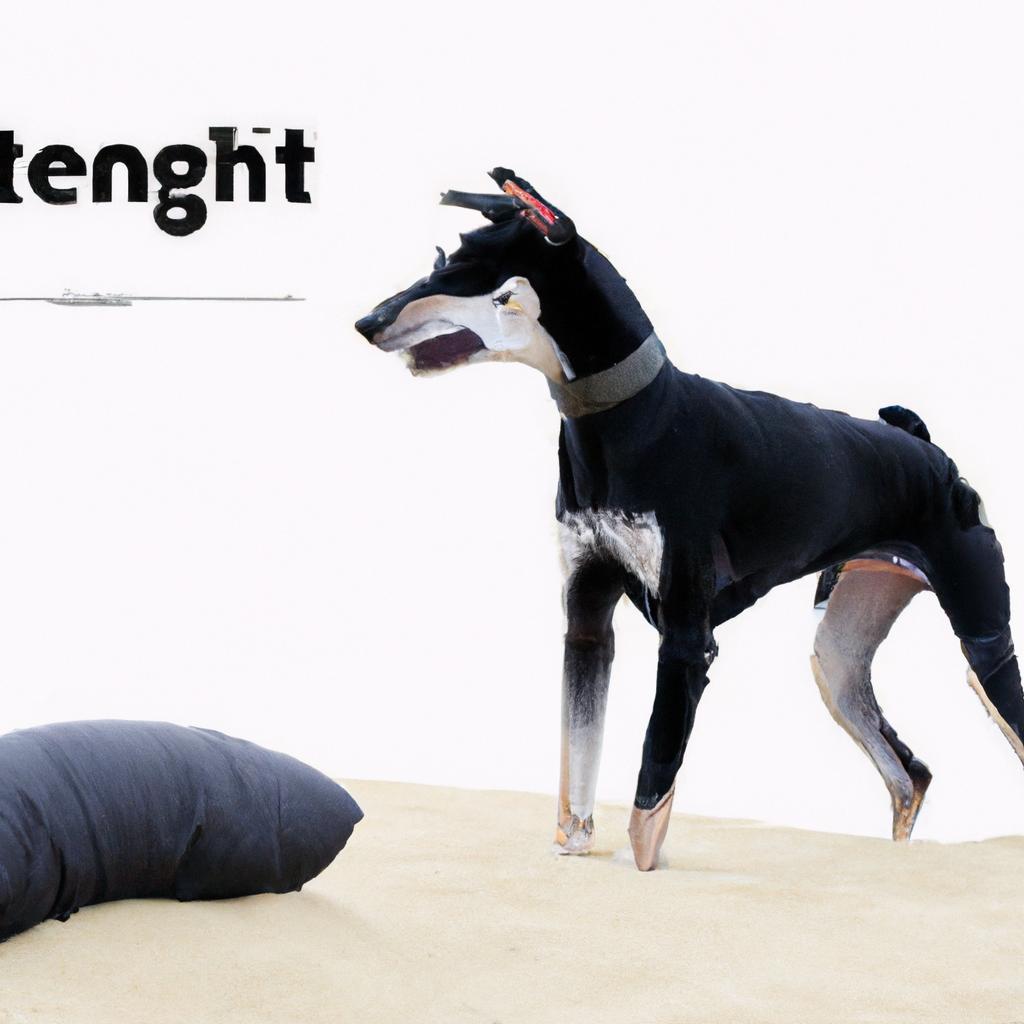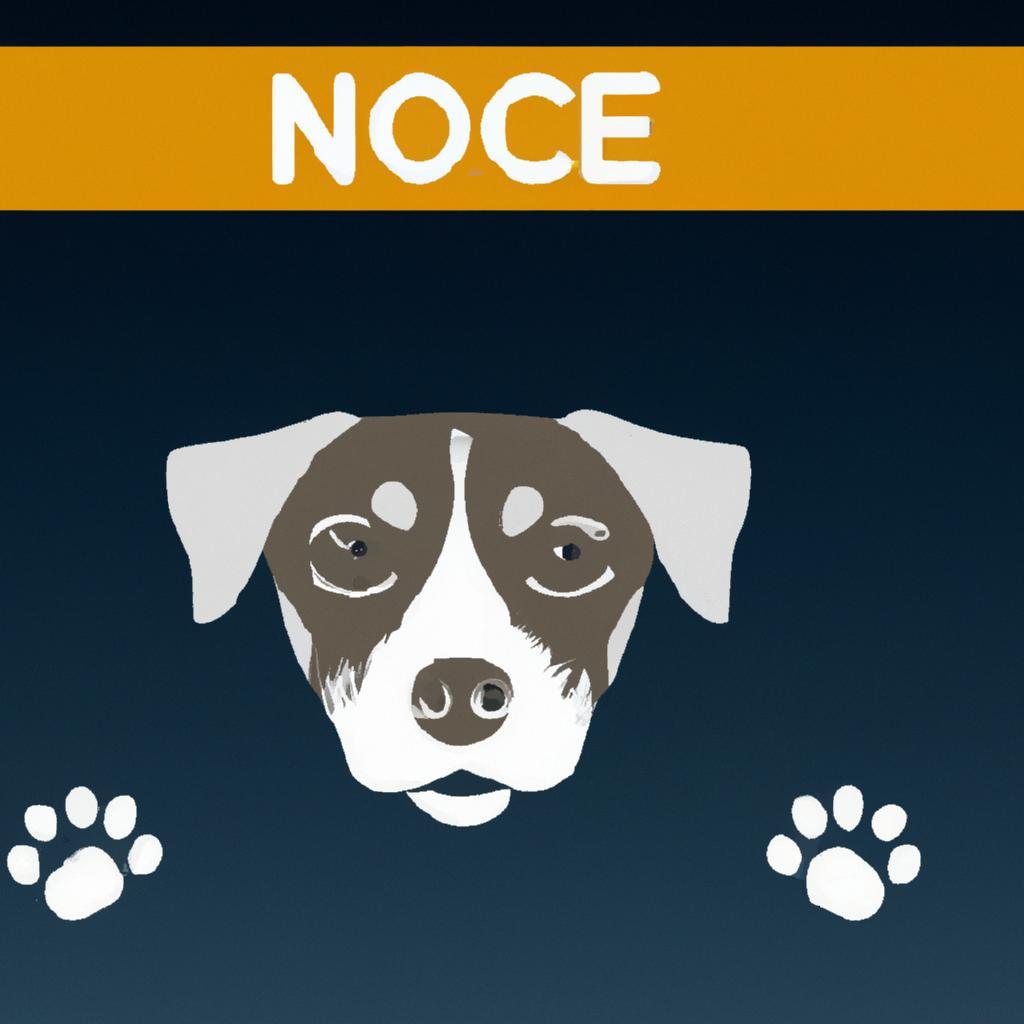In a quaint little town, two dogs stood side by side at the local park: Max, a boisterous Golden Retriever, and Bella, a gentle Labrador. Max leaped and barked, drawing laughter from children, while Bella quietly approached an elderly man sitting alone on a bench. She nuzzled his hand, bringing a smile to his face. As the sun set, the townsfolk gathered to share stories, but it was Bella who stole their hearts. Her kindness reminded everyone that the nicest dog isn’t always the loudest; it’s the one who brings comfort and joy to others. Choose kindness—choose Bella.
Contents
- Understanding the Temperament of the Most Affectionate Dog Breeds
- Evaluating the Best Family-Friendly Dogs for Companionship
- The Importance of Socialization in Developing a Gentle Canine
- Choosing the Right Breed for Your Lifestyle and Living Environment
- Q&A
Understanding the Temperament of the Most Affectionate Dog Breeds
When considering a dog that embodies affection, it’s essential to delve into the temperament of various breeds. Some dogs are naturally predisposed to be more loving and sociable, making them ideal companions for families and individuals alike. These breeds often exhibit traits such as loyalty, gentleness, and a strong desire to bond with their human counterparts. Understanding these characteristics can help potential dog owners choose a breed that aligns with their lifestyle and emotional needs.
Among the most affectionate breeds, the **Golden Retriever** stands out for its friendly disposition and eagerness to please. Known for their intelligence and adaptability, these dogs thrive on human interaction and are often seen as the quintessential family pet. Their gentle nature makes them excellent with children and other animals, creating a harmonious household environment. Additionally, their playful spirit ensures that they remain engaged and active, fostering a deep emotional connection with their owners.
Another breed that deserves mention is the **Cavalier King Charles Spaniel**. This small yet mighty dog is renowned for its affectionate demeanor and loving personality. They are incredibly social and often seek out companionship, making them perfect lap dogs. Their gentle temperament allows them to bond easily with people of all ages, and they are known to be particularly sensitive to their owner’s emotions. This breed’s innate ability to provide comfort and companionship makes them a cherished addition to any home.
Lastly, the **Labrador Retriever** is a breed synonymous with loyalty and affection. Their friendly nature and boundless energy make them not only great family pets but also excellent therapy dogs. Labs are known for their playful antics and unwavering devotion, often forming strong attachments to their families. Their eagerness to engage in activities, whether it’s a game of fetch or a cozy cuddle session, ensures that they remain a beloved member of the household, providing both joy and companionship.
Evaluating the Best Family-Friendly Dogs for Companionship
When considering a dog for your family, it’s essential to evaluate breeds that are known for their friendly demeanor and compatibility with children. **Golden Retrievers** are often at the top of the list due to their gentle nature and eagerness to please. These dogs are not only intelligent but also incredibly loyal, making them perfect companions for kids. Their playful spirit and patience allow them to thrive in a bustling family environment.
Another breed worth considering is the **Labrador Retriever**. Renowned for their friendly disposition, Labs are social dogs that enjoy being part of family activities. They are highly trainable and love engaging in games, which makes them excellent playmates for children. Their affectionate nature ensures that they bond well with every family member, providing both companionship and protection.
For families looking for a smaller breed, the **Beagle** is an excellent choice. These dogs are known for their curious and friendly personalities. Beagles are great with children, as they are playful and energetic, making them ideal for active families. Their sociable nature means they thrive on interaction, ensuring that they will be a beloved member of the household.
Lastly, consider the **Cavalier King Charles Spaniel**. This breed is known for its affectionate and gentle temperament, making them perfect for families seeking a loving companion. Cavaliers are adaptable and enjoy cuddling, which makes them great for both active play and quiet moments at home. Their friendly disposition ensures they get along well with children and other pets, creating a harmonious family dynamic.
The Importance of Socialization in Developing a Gentle Canine
Socialization is a crucial aspect of raising a well-mannered dog. It involves exposing your canine companion to a variety of environments, people, and other animals. This exposure helps to build their confidence and reduces the likelihood of fear-based behaviors. A well-socialized dog is more likely to be friendly and approachable, making them a joy to be around. By introducing your dog to different experiences, you are setting the foundation for a gentle and loving temperament.
One of the key benefits of socialization is the development of proper communication skills. Dogs, like humans, need to learn how to interact appropriately with others. Through positive experiences with different dogs and people, your canine will learn to read body language and respond accordingly. This understanding helps prevent misunderstandings that can lead to aggression or anxiety. A dog that can communicate effectively is not only more pleasant to be around but also safer in social situations.
Additionally, socialization plays a significant role in reducing behavioral issues. Dogs that are not properly socialized may exhibit signs of fear or aggression when faced with new situations. By consistently exposing your dog to various stimuli, you can help them become more adaptable and resilient. This proactive approach can lead to a more relaxed and well-adjusted pet, minimizing the chances of developing problematic behaviors such as excessive barking, chewing, or digging.
the emotional benefits of socialization cannot be overstated. Dogs are social animals that thrive on companionship and interaction. By encouraging your dog to engage with others, you are not only enhancing their quality of life but also fostering a deeper bond between you and your pet. A gentle canine is often a happy one, and socialization is the key to unlocking that happiness. Investing time in your dog’s social development will pay off in the form of a loving, well-behaved companion who enriches your life and the lives of those around them.
Choosing the Right Breed for Your Lifestyle and Living Environment
When considering a new canine companion, it’s essential to align your choice with your lifestyle and living environment. Different breeds come with varying energy levels, temperaments, and care requirements. For instance, if you lead an active lifestyle, a high-energy breed like a **Labrador Retriever** or **Border Collie** may be ideal, as they thrive on exercise and outdoor activities. Conversely, if you prefer a more laid-back routine, a **Bulldog** or **Basset Hound** might be a better fit, as they are generally more relaxed and enjoy lounging around the house.
Your living situation also plays a crucial role in determining the right breed. If you reside in a small apartment, consider breeds that adapt well to confined spaces, such as **French Bulldogs** or **Cavalier King Charles Spaniels**. These breeds are typically smaller and require less room to roam. On the other hand, if you have a spacious home with a yard, larger breeds like **Golden Retrievers** or **German Shepherds** can flourish, enjoying the freedom to play and explore.
Another important factor is the time you can dedicate to grooming and maintenance. Some breeds, such as **Poodles** or **Shih Tzus**, require regular grooming to keep their coats healthy and free of mats. If you have a busy schedule, you might prefer a low-maintenance breed like a **Beagle** or **Boxer**, which typically have shorter coats and require less frequent grooming. Understanding the grooming needs of different breeds can save you time and effort in the long run.
Lastly, consider the breed’s temperament and how it aligns with your family dynamics. If you have young children, breeds known for their gentle nature, such as **Newfoundlands** or **Labrador Retrievers**, can be excellent choices. For those living alone or with older individuals, a more independent breed like a **Chihuahua** or **Shiba Inu** might be suitable. Assessing your household’s needs and preferences will help ensure a harmonious relationship between you and your new furry friend.
Q&A
-
What breeds are considered the nicest dogs?
Some of the nicest dog breeds include:
- Labrador Retriever: Known for their friendly and outgoing nature.
- Golden Retriever: Renowned for their gentle temperament and loyalty.
- Beagle: Friendly and curious, making them great family pets.
- Cavalier King Charles Spaniel: Affectionate and eager to please.
-
Are mixed-breed dogs nice too?
Absolutely! Mixed-breed dogs can be incredibly nice and often possess the best traits of their parent breeds. Many are friendly, loving, and adaptable, making them wonderful companions.
-
How can I determine if a dog is nice?
To assess a dog’s temperament, consider:
- Socialization: Dogs that are well-socialized tend to be friendlier.
- Behavior around people and other pets: Observe how they interact.
- Training: A well-trained dog is often more pleasant and manageable.
-
What should I consider when choosing a nice dog?
When selecting a dog, consider:
- Your lifestyle: Choose a breed that fits your activity level.
- Space: Ensure you have enough room for the dog to thrive.
- Time for training and socialization: Invest time to nurture a friendly temperament.
choosing the right dog can transform your life with joy and companionship. Whether it’s the loyal Labrador or the gentle Golden Retriever, each breed offers unique qualities. Embrace the love of a dog, and you’ll discover a friend for life.

大家好,我是彼得潘,專業的手法身體治療師。我喜歡探索和研究各種主題,並透過與人工智慧的合作分享專業、實用、有趣的文章。我們定期進行人工審核,以確保內容的準確性。如果您發現文章中有任何不準確的地方,請隨時與我們聯繫,我們會及時糾正。您可以透過 [email protected] 與我們聯繫。



